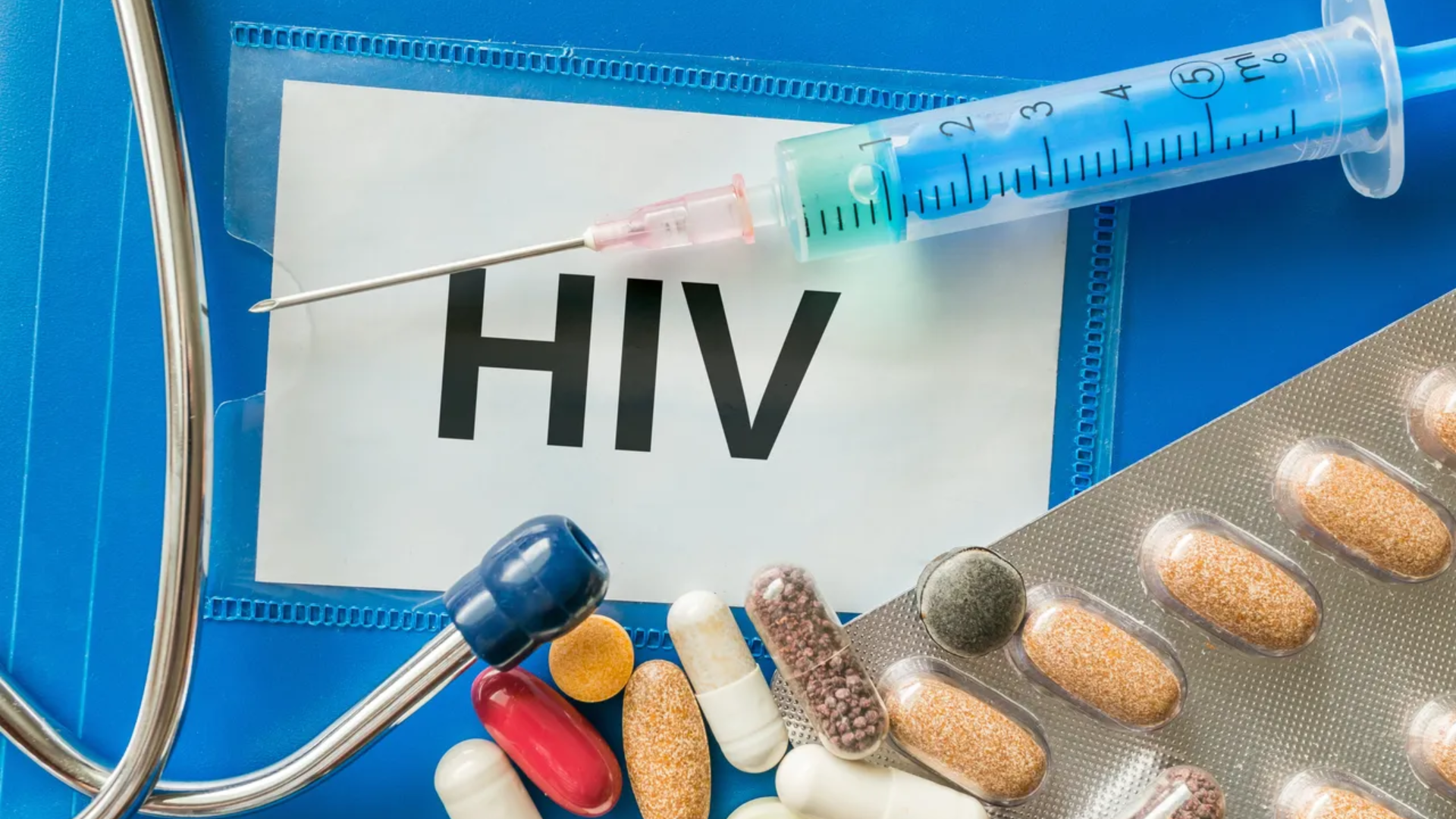
Recent data from Tripura’s State AIDS Control Society disclosed alarming statistics: between April 2007 and May 2024, 828 students have been documented as HIV positive, and 47 unfortunate deaths have been reported. during this period. This situation underscores the ongoing challenges and successes in managing HIV/AIDS among students in the region.
There is a report circulating that Tripura has 828 students registered as HIV positive and 47 of them died. The total figure of 828 and 47, however, is from April 2007 to May 2024. It is implied that 828 students registered over the last many years in ART centres are all getting… pic.twitter.com/h1PU1ArWM0
— ANI (@ANI) July 10, 2024
HIV/AIDS, an international health issue, has experienced considerable progress in treatment over the years. First identified in the early 1980s, the virus presented severe health risks because of a lack of medical knowledge and widespread stigma. However, the introduction of Antiretroviral Therapy (ART) in the mid-1990s marked a turning point. ART has not only increased life expectancy but also turned HIV from a deadly disease into a controllable chronic illness.
Tripura’s initiative to register and provide free ART to 828 students highlights a proactive approach to managing HIV/AIDS. The guidelines set by the National AIDS Control Organisation (NACO) guarantee that these students have access to vital medication and healthcare, which are essential for their well-being. However, the unfortunate deaths of 47 students highlight the persistent difficulties in providing consistent care and support.
As Tripura continues its efforts to support HIV-positive students, it is essential to strengthen community awareness, ensure healthcare accessibility, and provide psychosocial support. Working together, healthcare providers, educators, and communities play a vital role in maintaining progress and enhancing the quality of life for those affected. The numbers, with 828 students registered as HIV positive and 47 deaths, show both advancements and obstacles, but they also demonstrate ongoing efforts to offer comprehensive care and support. Persistent advocacy, education, and access to healthcare are crucial in the battle against HIV/AIDS, promising a brighter and healthier future for everyone impacted.















